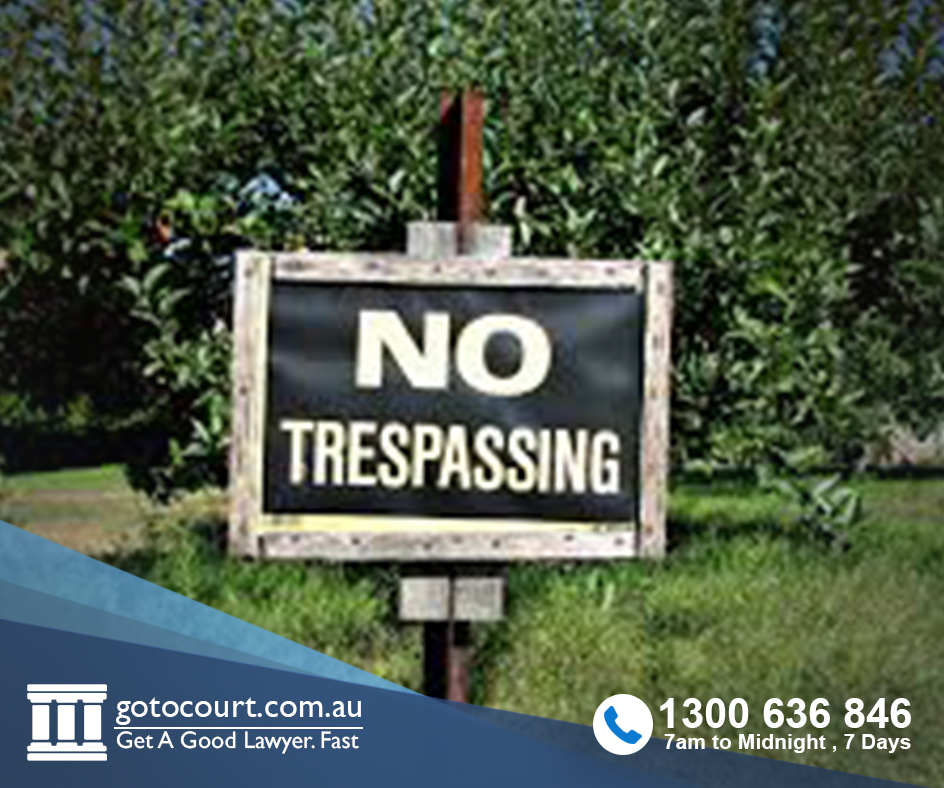Call our lawyers
now
or,
have our lawyers
call you
The Defence of Duress (WA)
Updated on Dec 07, 2022 • 4 min read • 364 views • Copy Link
The Defence of Duress (WA)
Duress is a full defence to most criminal charges. An accused can be acquitted on the basis of duress if they were essentially ‘forced’ into committing the acts that make up the criminal offence. The defence of duress is based on the principle that a person should not be held criminally responsible for acts that were not done of his or her own free will. In Western Australia, the defence of duress is codified in Section 32 of the Criminal Code.
Legislation
Section 32 of the Criminal Code states that a person is not criminally responsible for an act done under duress. It states that a person acts under duress if the person believes that:
- A threat has been made;
- The threat will be carried out unless an offence is committed;
- Doing the ac tis necessary to prevent the threat from being carried out; and
- The act is a reasonable response to the threat in the circumstances the person reasonably believes to exist.
However this defence cannot be relied on where the threat is made by a person with whom the accused is voluntarily associating for the purpose of doing such acts or for an unlawful purpose in which it is foreseeable that such a threat would be made.
Who bears the onus of proof?
It is up to the accused to raise the defence of duress. The prosecution must then prove beyond a reasonable doubt that the accused was acting voluntarily and not under duress. If the prosecution cannot exclude the possibility that the accused was acting under duress, then the accused must be found not guilty.
How is duress different in WA?
Until recently, WA had a very restrictive definition of duress. The definition required the person making to the threat to have been actually present with the accused, to have made the threat to the accused themselves (and not to a third party, like a child or partner) and for the threat to have been of immediate death or serious harm.
The WA legislation has now been amended and brought into line with other Australian jurisdictions. It no longer specifies that the person making the threat must be physically present, in recognition of the role that technology plays in modern life and that a threat made over the phone or internet can be equally compelling to one made in person.
Under common law, for duress to be made out the threat must have been serious enough that a person of reasonable firmness and courage would have yielded to it as the accused did. The Western Australian legislation does not incorporate this test, but it does state that the accused’s actions must have been a reasonable response to the threat. The common law requires the threat to have been still continuing at the time the acts were carried out. The WA provision does not include this requirement.
When can duress not be argued?
The defence of duress cannot be argued where the accused is voluntarily associating with persons engaged in unlawful activities where such threats are likely to be made. An example is where the accused is part of a drug syndicate.
At common murder, duress is unavailable as a defence to murder and to some types of treason. However, courts have allowed duress as a defence to a charge of being an accessory to murder, where the accused was forced to aid the principal offender under threats of death or grievous bodily harm.
The defence of duress can overlap with the defences of self-defence and necessity.
If you require legal advice or representation in a criminal law matter or in any other legal matter, please contact Go To Court Lawyers.


Affordable Lawyers
Our Go To Court Lawyers will assist you in all areas of law. We specialise in providing legal advice urgently – at the time when you need it most. If you need a lawyer right now, today, we can help you – no matter where you are in Australia.How It Works








1. You speak directly to a lawyer
When you call the Go To Court Legal Hotline, you will be connected directly to a lawyer, every time.


2. Get your legal situation assessed
We determine the best way forward in your legal matter, free of charge. If you want to go ahead and book a face-to-face appointment, we will connect you with a specialist in your local area.


3. We arrange everything as needed
If you want to go ahead and book a fact-to-face appointment, we will connect you with a specialist in your local area no matter where you are and even at very short notice.




















